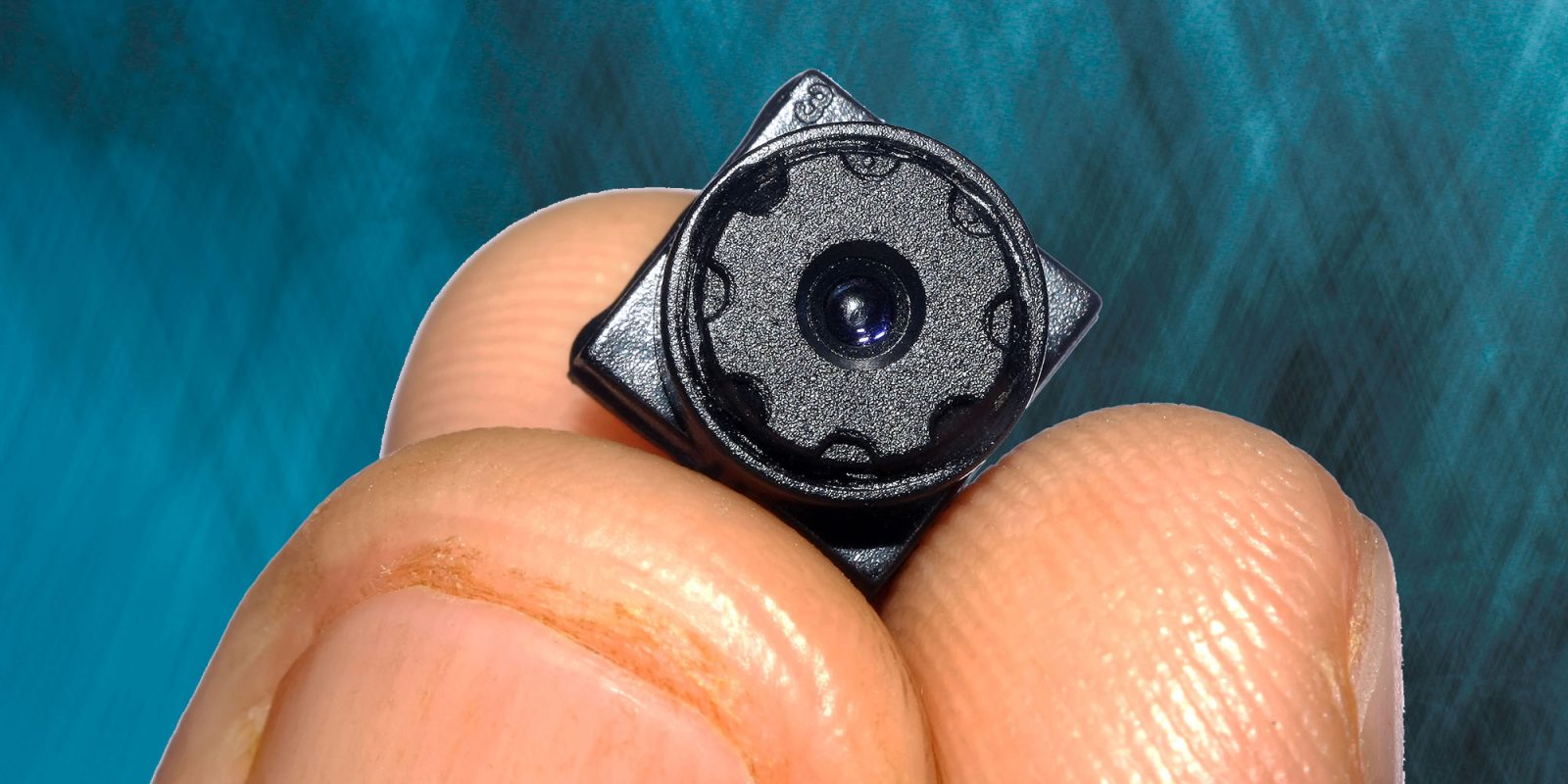
A previously unreported lawsuit regarding hidden cameras in Airbnb properties reveals that the company generated 35,000 support tickets by customers complaining about surveillance devices …
A lengthy CNN report says that the problem appears to be a substantial one.
Thousands of images have been recovered from short-term rental hosts by law enforcement. Hidden cameras placed in bedrooms and bathrooms show guests during their most private moments – changing clothes, being with their children, even having sex, according to CNN’s review of court and police records, as well as interviews with nearly two dozen guests who found surveillance devices at short-term rental properties or were told by police they had been secretly recorded.
But the scale of the problem had previously been unknown, due to a number of Airbnb policies and practices. These include seeking to settle cases through arbitration, and failing to notify police even when it seems clear a crime has been committed.
During the hours-long deposition, the Airbnb employee also revealed that when a guest complains of a hidden camera, the company doesn’t – as a matter of practice – notify law enforcement, not even when a child is involved. The company may, however, reach out to hosts about complaints as part of internal inquiries – a move law enforcement experts say could hinder criminal investigations because it gives suspects time to destroy evidence […]
Airbnb seeks to compel complainants into arbitration, a process that hides cases from public view, according to six attorneys who represented clients in cases against the short-term rental platform. When a settlement is reached, Airbnb has required users to sign confidentiality agreements, which bar them from discussing details of the deal. Airbnb told CNN its use of arbitration and non-disclosure agreements are standard practices within the industry.
A court ordered the company to disclose how many complaints it had received about surveillance devices in Airbnb properties in the past decade. That number turned out to be 35,000.
Europe regulates the short-term rental industry, imposing wide-ranging controls on how companies like Airbnb can operate, but the US has no similar federal regulations. That can, says the report, allow the company to claim it is only a tech platform, and not responsible for anything that happens at the rental properties. Airbnb makes this argument under Section 230, legislation intended to protect web publishers from liability for comments posted by users.
“They’re not arguing: This didn’t happen, your client isn’t injured. They’re arguing: We aren’t responsible,” said Shannon Schott, a Florida-based attorney who settled with Airbnb after her client said he found a hidden camera at his rental.
But one member of congress hopes to change that.
Illinois Rep. Jan Schakowsky, who has introduced legislation that aims to curb big technology companies’ use of Section 230, argued that the platform would be safer if Airbnb were forced to take responsibility for what happens at its listings. Right now, Section 230 is used as a “get out of jail free card,” the Democratic lawmaker said.
9to5Mac collage of images by AntanO/CC3.0 and fabian jones on Unsplash
FTC: We use income earning auto affiliate links. More.




